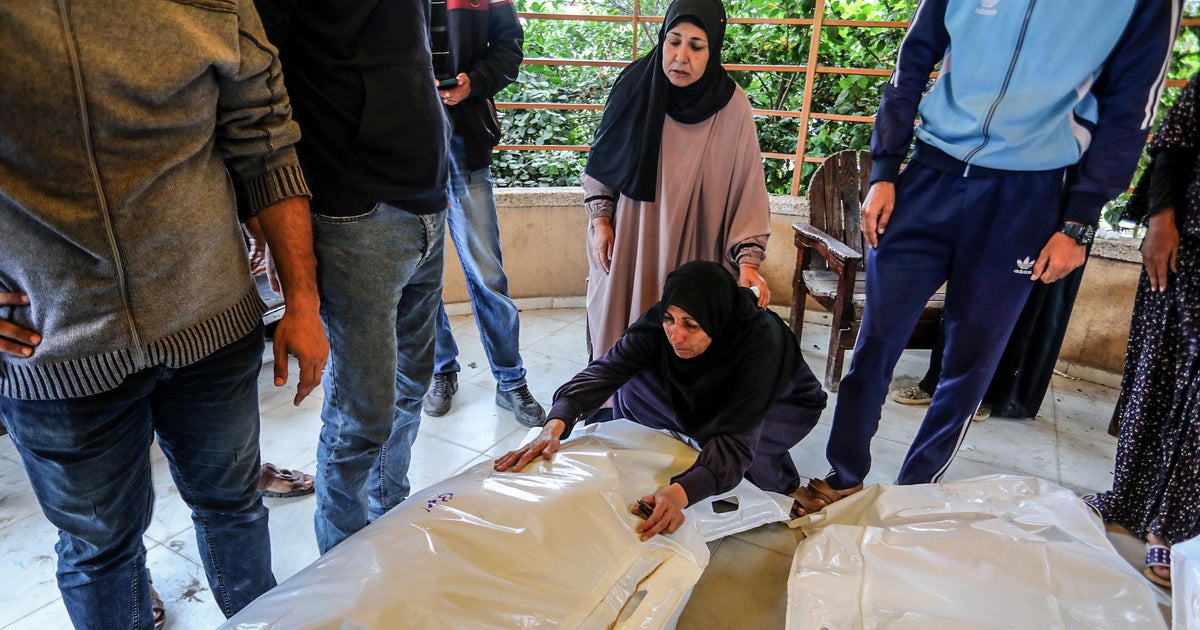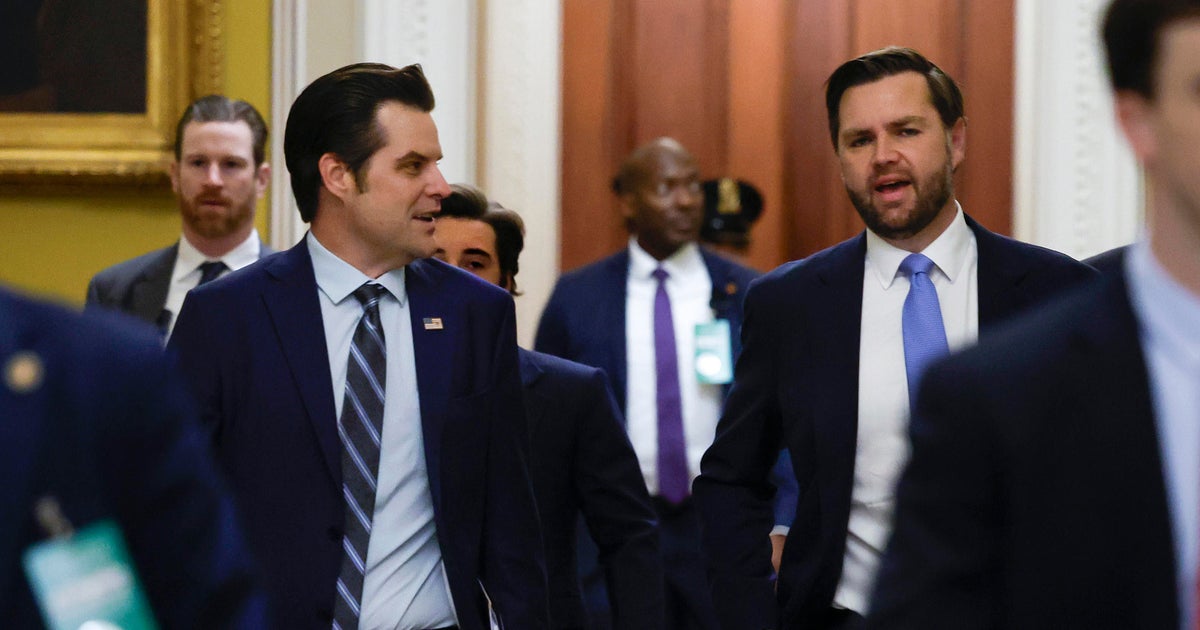Iran poised to crank up uranium enrichment with no rescue for nuclear deal in sight
Jakarta, Indonesia — Iran's foreign minister defended his country's plan to take further steps away from the 2015 nuclear deal with world powers if Europe fails to provide a solution on reviving it by a deadline that expires Friday. The remarks by Mohammad Javad Zarif came as Iran was poised to begin work on advanced centrifuges that will enrich uranium faster as the nuclear deal unravels.
The crisis stems from President Donald Trump's decision to pull out from the accord over a year ago and impose escalated U.S. sanctions on Tehran that have choked off Iran's ability to sell its crude oil abroad, a crucial source of government revenue. The U.S. actions have sent Iran's economy into freefall, with broad consequences for Iranian citizens.
A last-minute French proposal offering a $15-billion line of credit to compensate Iran for the revenues lost by the choked-off crude sales looked less and less likely to bring any agreement as the hours remaining before the deadline ticked away.
Zarif did not say what exact steps his country would take as he met with his Indonesian counterpart, Retno Marsudi, in Indonesia's capital, Jakarta.
Zarif described the U.S. sanctions as "illegal restrictions on Iran, which we call economic terrorism ... because they target ordinary Iranian citizens, the civilians."
Marsudi said Indonesia would like to see the nuclear deal "implemented fully and effectively."
As the nuclear deal unraveled, the Iranian government scaled back its commitments under the accord earlier this year. It began breaking limits of the deal, such as just creeping beyond its 3.67%-enrichment limit and its stockpile rules. Using advanced centrifuges speeds up enrichment and Iranian officials already have raised the idea of enriching to 20% — a small technical step from weapons-grade levels of 90%.
But in Jakarta, Zarif insisted Iran's nuclear program remained peaceful and lashed out at the U.S.
"Unfortunately, the U.S. not only doesn't normalize economic relations with Iran, but punishes others for normalizing economic relations with Iran, which is totally unacceptable," Zarif said.
Iran's atomic energy agency was to make an announcement on Saturday detailing its next nuclear step, which President Hassan Rouhani has described as highly significant. Details would be unveiled at a press conference in Tehran, Iranian media said.
A spokesperson for the International Atomic Energy Agency (IAEA) confirmed to CBS News' Pamela Falk that its acting director general would be meeting with "high-level Iranian officials on Sunday, September 8" in Tehran. "The visit is part of ongoing interactions between the IAEA and Iran related to the implementation of the Safeguards Agreement and Additional Protocol, and the IAEA's verification and monitoring in Iran under the Joint Comprehensive Plan of Action, " spokesperson Fredrik Dahl said.
The Trump administration insists the goal of its "maximum pressure" campaign against Iran is to force Tehran back to the negotiating table to rehash the terms of the nuclear deal. Iran has refused to do that, rejecting the White House's move to abandon the deal agreed by the previous U.S. administration.
U.S. Secretary of Defense Mark Esper raised eyebrows on Friday by saying he believed there were indications Iran was "inching" toward a stance that would allow new negotiations with the Washington.
Asked to clarify his remarks during a news conference with his counterpart in London, Esper said he had been referring to "some of the comments made by the Iranians in the wake of the G-7, where Rouhani I guess attended, and it seemed that there was inching, subtle movements, and I think that's a good thing."
British defense chief Ben Wallace appeared to see less reason for optimism.
"I've known the Iranian government on and off for years. I don't think I'd be speculating about their intentions," he said. "Obviously we need to judge them by their actions. Right now they are holding illegally a British flagged vessel… That is incredibly important, we shouldn't forget that and actions speak louder than words, so I think we'll take them at their actions rather than their words."
Iran seized the U.K.-flagged Stena Impero tanker in July in what was seen as a response to the seizure by British forces of one of its own supertankers. Iran this week released the crew of the Impero, but continues to hold the ship.
Wallace added that, "if there is a deal to be made, we will of course always help the United States along that path, because I think peace and stability in that region is the most important thing."
Germany, meanwhile, renewed its appeal for Tehran to return to full compliance with the nuclear agreement. Foreign Ministry spokesman Rainer Breul said Germany views with concern the Iranian statements.
"We call on Iran not to exacerbate the situation," he said. "In light of the ongoing efforts toward de-escalation this announcement isn't the right signal.
"The German government will carefully examine which individual steps Iran takes," Breul added. "It's not too late for Iran to leave the slope it has put itself on."





